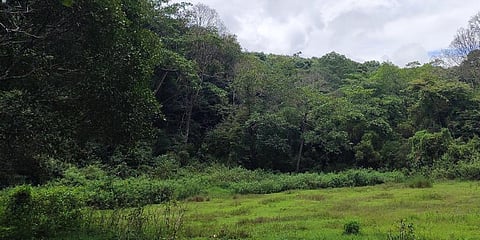

NEW DELHI: In what is being seen as a severe threat to the country’s green cover, the Union environment ministry has proposed that forests be treated as tradable commodity having value as per the Wholesale Price Index (WPI), to cut down the cost of diversion of pristine forests for infrastructure projects.
In a draft note on the revision of the Net Present Value (NPV) of forest land diverted for non-forest purposes sent to a Committee of Secretaries (CoS), the ministry on January 22 suggested the interim arrangement of aligning the rates with the WPI till the information sought for revision in NPV rates as proposed by experts of the Indian Institute of Forest Management (IIFM), Bhopal, are compiled.
“Keeping in view that more than three years had elapsed since the NPV came into force, the MoEF&CC proposed to revise the NPV based on the WPI,” said the ministry in the draft note, a copy of which is with this newspaper.
The sticking point was articulated in clause 1.30 of the note. It said the IIFM had proposed scaling up NPV rates by as much as four times the existing figures, and warned that the higher tariff could impact ongoing power and other infrastructure sector projects.
To soften the blow, the ministry is seeking to align the rates with the WPI, as the escalation that way would not be as steep.
However, experts expressed concern over the proposed new system because high NPV rates are meant to be a deterrent, but WPI is a facilitator. Kanchi Kohli, Legal Research Director at CPR-Namati Environment Justice Program, said: “This new proposal further embeds forests as a commodity to be traded through instruments such as the ‘Wholesale Price Index’. It is not focused at protecting forests or forest rights. Ironically the success of this exercise is only dependent on more forests being lost.”
WHY CONCERN OVER HIGH NPV RATES
The note says high NPV rates could lead to a surge in the Centre’s import bills and render smaller projects unviable.
It pointed out that the ministries of steel, coal and power as also the NITI Aayog had flagged reservations about the proposed abrupt jump in the rates